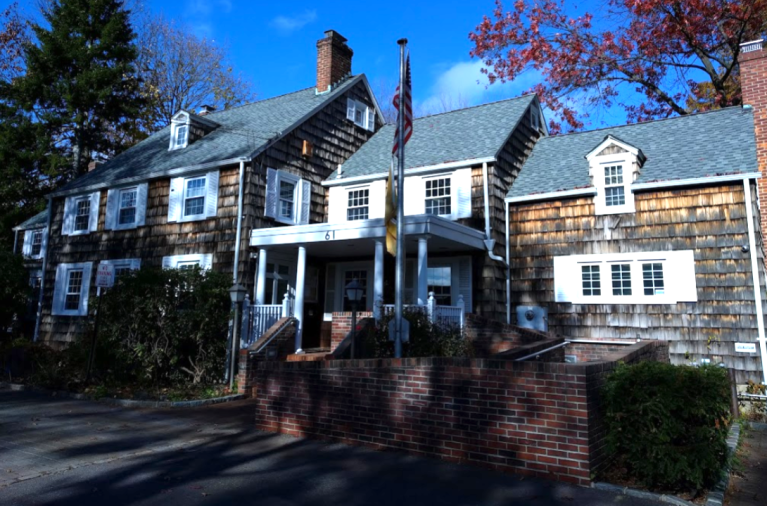
The Village of Great Neck Board of Trustees on Tuesday elected to opt out of a nationwide class-action lawsuit over opioids and pursue a separate suit.
The class-action lawsuit was filed against the distributors and manufacturers of opioids on behalf of government municipalities that have suffered financial and health impacts as a result of the opioid crisis.
A recent report by the Fiscal Policy Institute found that this crisis caused $8.2 billion in economic damage to Long Island in 2017.
A total of 617 opioid-related deaths occurred on Long Island that year, which is the highest on record, according to the report.
According to village Attorney Peter A. Bee, most local municipalities on Long Island have received notice of a proposed class-action settlement, with the option to opt out and file a separate claim or to remain in the litigation.
“Virtually every municipality in the country is listed as a class-action member in litigation against the manufacturers and distributors of opioids,” Bee explained.
He added that there is no guarantee that a settlement would be reached or what the amount of the settlement would be.
Under a sample billion-dollar settlement, the Village of Great Neck would receive $1,800.
“Based on the advice that I gave this board, I believe this board would entertain a motion to opt out of this class-action to retain special counsel from the law firm of Tate, Grossman, Kelly & Iaccarino,” Bee said.
After unanimous approval, the firm will file a case in federal court in the Eastern District of New York.
The case will then automatically transfer to the Northern District of Ohio, where all opioid cases have been consolidated under Judge Dan A. Polster.
Polster announced a $260 million settlement between two Ohio counties and three major drug distributors and an opioid manufacturer Monday morning, according to The New York Times.
The deal is a combination of cash payouts and donations for addiction treatments, according to The Times.
The firm said it believes the case can be settled within the next two years.
If a settlement is reached, the firm will collect 25% of the amount, which is lower than the customary 33% that firms charge for related cases.






